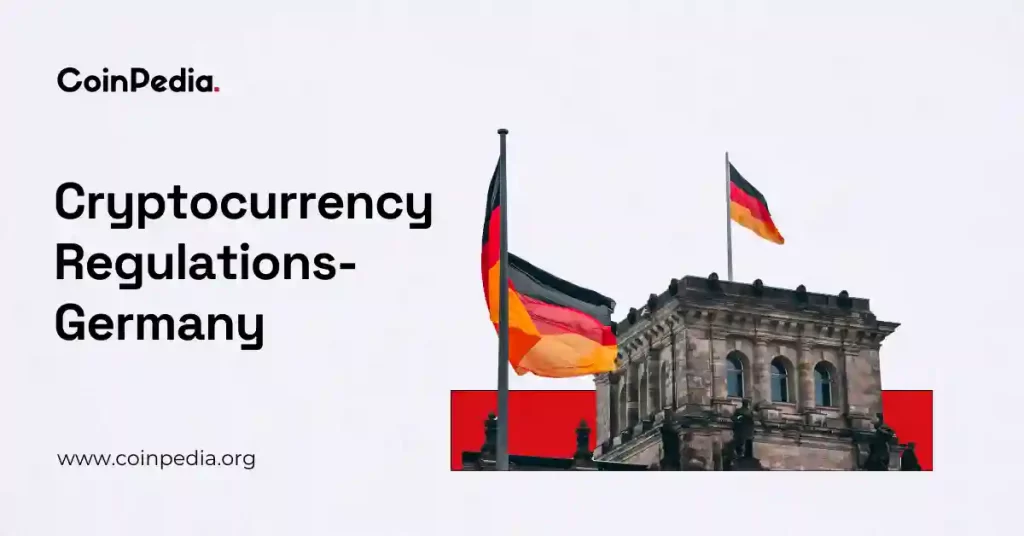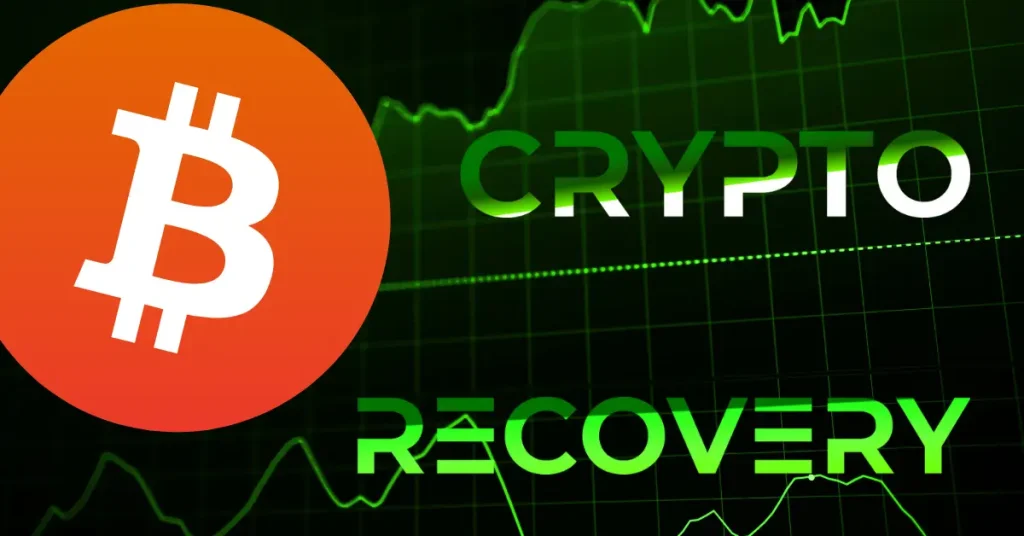ARTICLE AD BOX

The post Crypto Regulations in Germany 2025 appeared first on Coinpedia Fintech News
Digital assets and cryptocurrencies are recognized as financial instruments in Gergamy, and they have gained significant popularity in recent years. With the increasing number of Germans investing in crypto assets, it has become crucial for the government to create a regulatory framework to maintain stability and protect investors.
As of 2025, Germany is implementing MiCA rules while tightening AML/CFT compliance.
Table of contents
Crypto Regulations in Germany
March 6, 2025:
- The Federal Ministry of Finance (BMF) publishes an updated circular on the income tax treatment of crypto assets.
- Key changes:
- The term “virtual currencies and other tokens” is replaced with “crypto assets.”
- Differentiation between active and passive staking for tax purposes.
- Tax implications for decentralized finance (DeFi) are addressed for the first time.
- New requirements for transaction overviews and tax reporting.
- Clearer guidelines for valuing crypto assets, including the use of daily market rates.
- Emphasis on documentation and retention obligations for taxpayers.
- Transitional rules apply for tax years up to and including 2024 to help taxpayers adapt to the new provisions.
- Key changes:
February 18, 2025:
- Legal analysis highlights the impact of the new Act on the Digitalisation of the Financial Market (Finanzmarktdigitalisierungsgesetz, FinmadiG) and the Act on the Supervision of Markets for Crypto-Assets (Kryptomärkte-Aufsichtsgesetz, KMAG).
- These acts introduce transitional provisions for crypto service providers and allow for a smooth application of MiCAR (Markets in Crypto-Assets Regulation) in Germany.
- Existing licenses remain valid until December 31, 2025, under a grandfathering regime, giving providers time to transition to MiCAR-compliant licenses
| Date | Regulation/ Law | Details |
| June 30, 2024 | MiCA regulation | Provisions for ARTs and EMTs became applicable |
| May to November 2024 | Crypto tax update | Short-term and long-term tax, mining, staking, and income tax |
| April 20, 2023 | EU parliament adopted MiCA (EU-2023/1114) | EU-wide regulations for crypto assets |
| December 16, 2020 | Electronic Securities Act (eWpG) | Legalized all electronic securities (came into effect in June 2021) |
| January 1, 2020 | Exchange and custodian licensing | BaFin icesenes required for crypto operations |
| November 2019 | Crypto custody law for banks | Banks can sell and store crypto as regulated by BaFin |
| November 29, 2019 | Implementation of Directive (EU) 2018/843 | 5th EU Anti-Money Laundering Directive was adopted |
What is the German Government Saying About Cryptocurrency?
The Free Democratic Party of Germany explicitly called for the creation of a Strategic Bitcoin Reserve in the country. However, it is not regulated yet.
Besides the federal government, the Federal Financial Supervisory Authority (BaFin) regulates crypto. BaFin regulates:
- Licensing and enforcement of AML and CFT rules
- Blockchain-based lending through the German Banking Act
- Prohibits any illicit activity in the crypto space
Crypto Tax in Germany
- Capital gains tax: Since cryptocurrencies are not acknowledged as stocks, but rather ‘private economic goods,’ therefore, CGT does not apply.
- Income tax: The income tax on cryptocurrency ranges from 0% to 45%, depending on the total income.
- Tax-free event: Gains from crypto trading are exempted from tax up to 1000€ per year. Income from staking and mining is free up to an exemption limit of 256€ per year.
- Tax reporting: The Last date for the 2024 tax return is July 31, 2025; if the tax return is prepared by tax advisors, the deadline extends to April 30, 2026.
| Crypto Income in 2025 | Tax rate |
| Up to 12.084€ | 0% |
| Up to 17.430€ | 14-24% |
| Up to 68.430€ | 24-42% |
| Up to 277.825€ | 42% |
| Over 277.826€ | 45% |
Crypto License in Germany
- Custody hold: Custody hold requires obtaining a license from BaFin for managing third-party rights and services.
- CASP license: Crypto assets service providers also require a BaFin-authorized license to operate in Germany. Operating crypto-to-crypto, fiat-to-crypto exchanges, custodial wallet services, and other activities requires licensing.
How to get a license?
- Crypso businesses are required to register with BaFin, establish a local presence in Germany, hold minimum capital (€125,000 to €350,000), and comply with AML and KYC regulations.
- At least one member of the business must be a resident of the EU.
Crypto Adoption in Germany
- Adoption rate: By 2025, around 27.32 million Germans will use cryptocurrency, representing 32.84% of the population. This indicates an increase in the adoption from previous years.
- Crypto revenue: The revenue in the crypto market in Germany is projected to reach US$2.5 billion in 2025. An annual growth rate of 16.33% is expected, resulting in US$2.9 billion by 2026.
- Crypto holdings: The German government sold its entire crypto holdings in mid-2024 (46,359 BTC, approx $3.9 billion), and as of 2025, it does not hold any cryptocurrency.
Conclusion
Crypto trading and holding are legal in Germany, as the government has provided a set of rules to operate any crypto-related activity. Germany’s main focus for implementing a structured approach is to ensure investors’ protection and financial stability. With its light crypto tax, Germany is considered one of the most crypto-friendly countries in the European Union.
If Germany maintains this stability in the crypto space, it can position itself as the crypto leader in the EU in no time.
Never Miss a Beat in the Crypto World!
Stay ahead with breaking news, expert analysis, and real-time updates on the latest trends in Bitcoin, altcoins, DeFi, NFTs, and more.
.png)
 4 hours ago
2
4 hours ago
2








 English (US)
English (US)